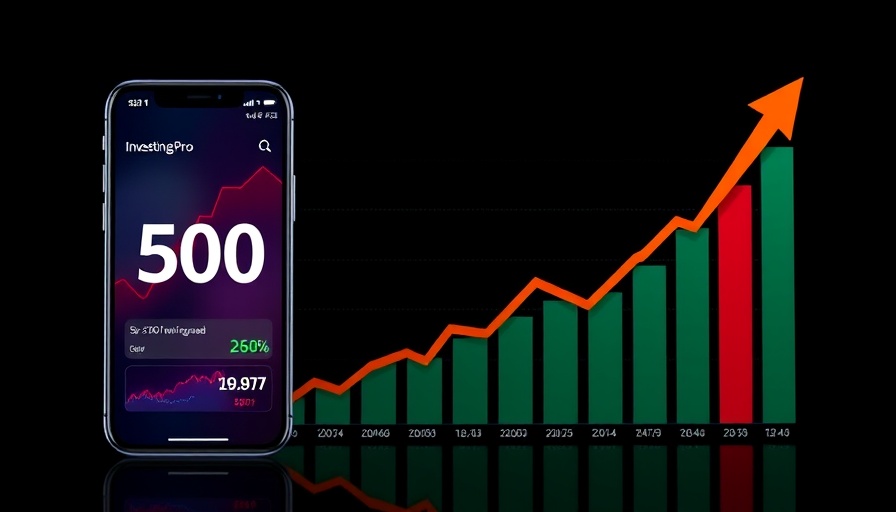
Life360’s Executive Moves: What They Reveal About Stock Trends
On March 24, 2025, Lauren Antonoff, the Chief Operating Officer (COO) of Life360, made headlines by selling 4,546 shares of the company’s stock, totaling over $175,000. Conducted under a regulated Rule 10b5-1 trading plan, this transaction illuminates not only Antonoff’s own investment strategies but also broader stock market trends surrounding Life360 Inc., a company that has shown impressive returns over the past year.
At $38.64 per share at the time of the sale, Life360's stock remains a hot topic in stock market news. The company's leadership clearly believes in the firm’s long-term trajectory. With a market valuation of approximately $3.05 billion and a remarkable 22% increase in revenue over the last year, Life360 continues to thrive amid competitive pressures.
Understanding Rule 10b5-1 Plans
The Rule 10b5-1 plan utilized by Antonoff is not an isolated event in corporate trading. These predetermined plans allow company insiders to create a schedule for stock transactions, mitigating accusations of insider trading while providing a level of predictability. This strategy is frequently adopted by executives to manage their investments in a transparent manner while still enabling them to divest shares during pre-defined periods.
The Stock’s Impressive Performance: A Closer Look
Life360's stock has had a staggering performance, currently more than 47% up from where it was a year ago. As the company continues to innovate in the technology sector, it intrigues not only individual investors but also institutional ones looking for growth stocks with potential longevity. While Antonoff's sale is noteworthy, it is equally vital to analyze how the company has achieved such success.
Financial Health and Growth Outlook
Life360’s financial health is backed by a strong liquidity position, reflected in its current ratio of 3.12. Investors pay close attention to metrics like this because they indicate how well the company can cover its short-term liabilities with its short-term assets. This financial health provides a cushion against economic downturns and is often a green flag in stock market analysis.
Impact of Executive Decisions on Investor Sentiment
Antonoff’s decision to sell shares may prompt questions among investors about the company's future. Some may interpret such transactions as a signal to divest, while others view it as a chance to buy into a company still on an upward trajectory. Various perspectives exist regarding insider sales, with some experts arguing they can influence stock prices significantly in the short term. Understanding the potential impact of these decisions can dramatically affect one’s investment strategies.
Investment Strategies: Navigating Market Trends
For investors keen on navigating the current stock market, Antonoff's sale highlights the importance of monitoring corporate insiders’ trading activities. Observing how executives manage their holdings can provide vital insights for one’s asset allocation strategy. Additionally, engaging in research tools and stock picking tips helps investors refine their approaches to identifying value and growth opportunities when investing.
Ultimately, staying informed about market conditions, financial health, and insider activities such as these is crucial for making educated investment decisions. As seen with Life360, a combination of financial solidity and smart executive management could pave the way for future successes both for the company and its shareholders.
 Add Row
Add Row  Add
Add 



Write A Comment